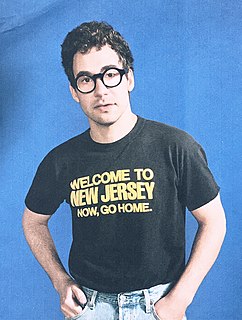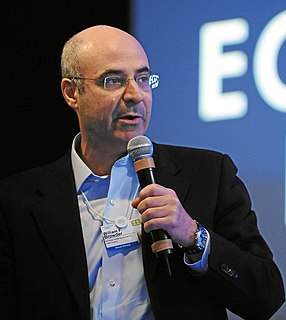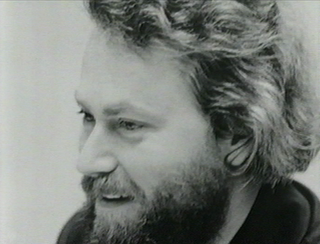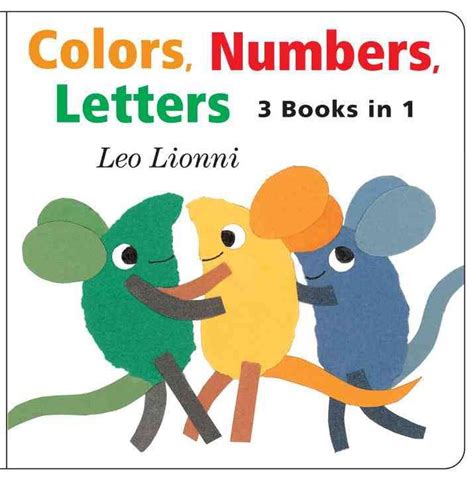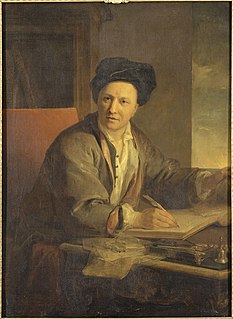A Quote by Sarah Parcak
We can tell from the imagery a tomb was looted from a particular period of time, and we can alert INTERPOL to watch out for antiquities from that time that may be offered for sale.
Related Quotes
I think it [Trouble In Mind] was the only time Divine didn't appear in drag, or certainly one of the few times, anyway. Alan created a time and place that was no time and no place, so it was not identifiable with any particular period or any particular city or any particular country, for that matter. I mean, everybody spoke English, but that was about it. So you couldn't pigeonhole that film.
The human mind has a natural tendency to explore what has passed in distant ages in scenes with which it is familiar: hence the taste for National and Local Antiquities. Geology gratifies a larger taste of this kind; it inquires into what may appropriately be termed the Antiquities of the Globe itself, and collects and deciphers what may be considered as the monuments and medals of its remoter eras.
I begin with understanding the intentions of the story. That helps me to zero in. Then I gather research for each individual character and analyze the time period with comparisons to the figure and the facial structure. It helps to be comfortable with computers because the massive amount of research is kept electronically and shared with my staff this way. Very little is printed out. I work with an illustrator to come up with the proper silhouettes and details of the clothing from the time period to time period. And on and on.
I have a rule now that I can only watch a movie twice. By the third time I was watching 'The Guest,' I was hating everything about it, but the first time, I loved it. The first time you watch it, you watch it as a whole. And the second time, I think you can learn a lot. By the third time, you are just picking everything apart.
I always thought that art that is produced somehow has to reflect the zeitgeist or the ambiance and the time and the history in which it is produced. I think it's inescapable. It's like we look back now, at work done savoring the thirties, and you can almost tell it was done during that period of time. Now maybe, that's a style of period or something, I don't know. I think my work, or the things that interest me, come out of my reaction to history.
My interest in time emerged out of an engagement with the media that I was working with. Film and performance are temporal media. They rely on time. When I'm carrying out a performance, it matters, for example, how long I hold one particular gesture or posture. Seriality is very important too. Performance can be used to dilate time or to repeat time. And video, in turn, has its own time.

